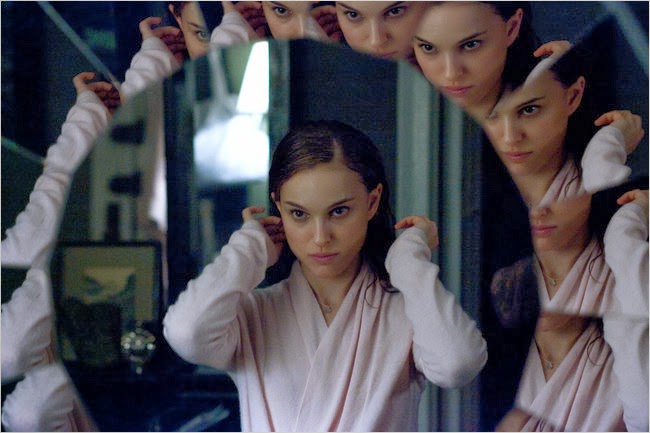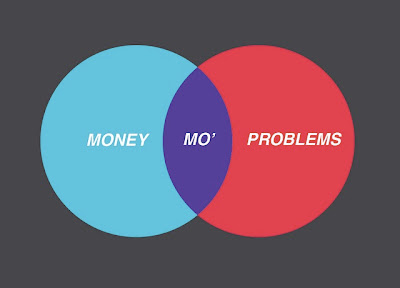PRODUCTION TIPS: How to Protect Yourself if You Are a Non-Union Actor
I have recently started a series for HOLA (the Hispanic Organization of Latino Actors) on El Blog de HOLA based on business and legal questions actors have. “If I choose to work in a nonunion film (one that is not SAG-AFTRA), what key contract terms or clauses should I look out for to protect myself?” Here’s something that any working actor can tell you: there are many more nonunion roles than there are SAG-AFTRA roles. So, actors, in a quest to build their credits, gain experience, make themselves visible and hone their craft will take on a nonunion role if they find it in their interest to do so. Whether they should or not is another story but assuming they do there are some things an actor should look out for to protect themselves from unscrupulous or sleazy producers. • Put it in writing. While it is true that oral agreements are enforceable, if it’s not on paper, your job to prove you were promised something for your work in a production become...


